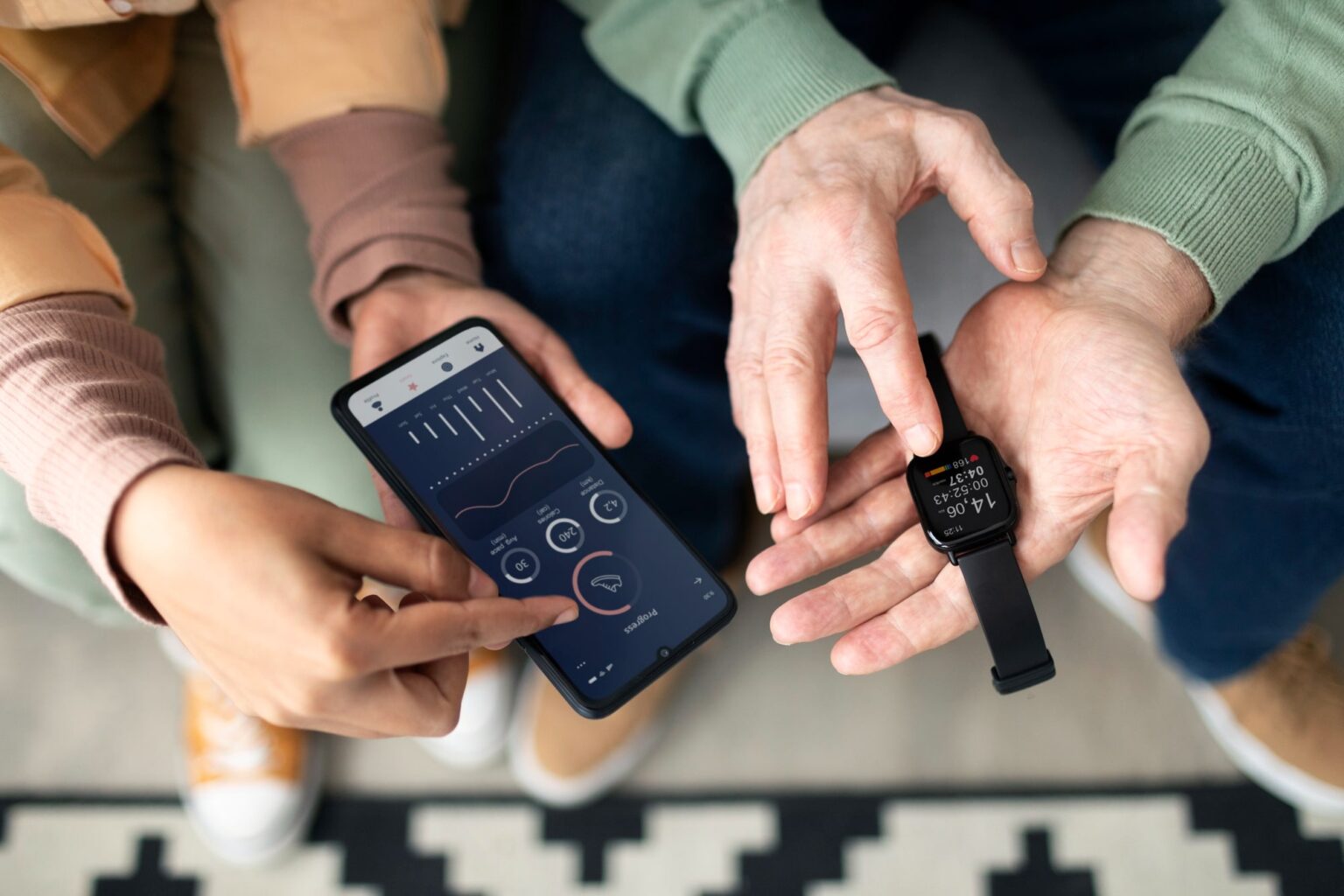Digital health apps and wearables are empowering patients to take control of their health and engage in self-care practices. These technologies provide individuals with tools and information to monitor and manage their health effectively.
Digital health apps are mobile applications that offer a wide range of features and functionalities to support various aspects of health and wellness. These apps enable users to track their exercise, nutrition, sleep patterns, and medication adherence. They also provide educational resources, symptom checkers, and reminders for appointments or medication schedules. Additionally, some apps allow users to communicate with healthcare professionals, access their medical records, and receive personalized recommendations based on their health data.
Wearables, such as fitness trackers and smartwatches, are devices that individuals can wear on their bodies to collect data on physical activity, heart rate, sleep quality, and more. These devices provide real-time feedback and insights, motivating users to make healthier choices and engage in regular exercise. They also facilitate the monitoring of chronic conditions, such as diabetes or hypertension, by tracking relevant parameters and providing alerts or reminders for medication or lifestyle interventions.
The integration of digital health apps and wearables into self-care practices has several benefits. Firstly, they enhance patient engagement and empowerment by providing individuals with access to their health information and personalized recommendations. Users can actively participate in their healthcare decisions, set goals, and track their progress, leading to a sense of ownership over their well-being.
Secondly, these technologies promote preventive care and early detection of health issues. By continuously monitoring vital signs and behaviors, individuals can identify patterns or deviations from their normal health status. They can take proactive steps, such as making lifestyle changes or seeking medical advice, before a condition worsens or becomes acute.
Furthermore, digital health apps and wearables contribute to a more efficient and personalized healthcare experience. Patients can communicate with healthcare providers remotely, reducing the need for in-person visits for routine matters. Health data collected through these technologies can also be shared with healthcare professionals, facilitating more informed and targeted discussions during consultations.
However, it is important to note that digital health apps and wearables are not a substitute for professional medical advice. While they provide valuable insights, users should still consult healthcare professionals for accurate diagnosis, treatment, and management of health conditions.
In conclusion, digital health apps and wearables empower patients to take charge of their health and engage in self-care practices. These technologies provide tools for monitoring, tracking, and managing various aspects of health and wellness. By integrating them into their daily routines, individuals can make informed decisions, prevent health issues, and enhance their overall well-being.



